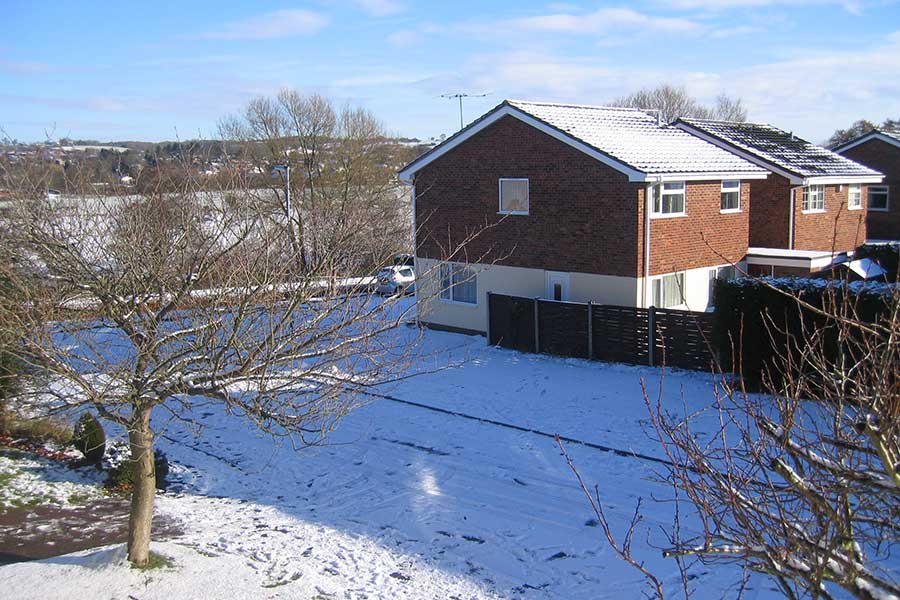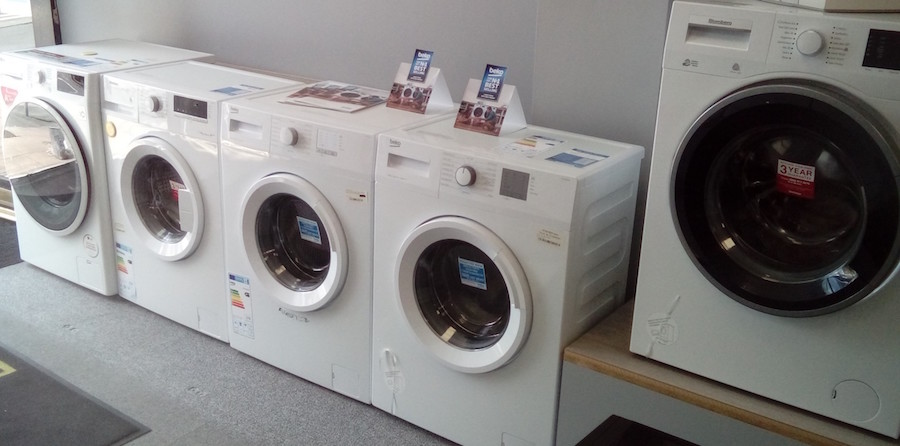
Four unusual ways to cut our carbon footprint
With the end of a very unusual 2020 just over a week away, now is a good time to look back at this year’s strange but true green stories.
“I never cease to be amazed at the ingenious ways being thought up to cut our carbon footprint,” said energy expert Ron Fox, of Noreus Ltd on the University of Keele Science Innovation Park, who picks his favourite four news items of the last 12 months.
Cheers!
A crisp company is drinking to a double climate change success – thanks to beer and crisps. The combination will cut their emissions by 70 per cent, firstly by capturing the beer fermentation in the brewery so the CO2 does not escape into the atmosphere.
Secondly, this is then mixed with potato waste and turned into fertiliser which will be then spread on UK fields to feed the following year’s potato crop. Manufacturing fertiliser can produce harmful gas emissions.
The fertiliser was trialed by crisps firm Walkers on potato seed beds this year, and next year the company will install specialist equipment at its Leicester factory. A decision has yet to be made on which brewery Walkers will work with.
Keeping our cool
Scientists have invented cooling technology inspired by how a camel’s shaggy layer of fur stops itself overheating in harsh desert conditions.
The beast of burden rarely sweats, but when it does the twin layers of skin and fur complement each other, maximising its ability to keep cool and limiting the amount of water it uses.
The new technology, consisting of two layers, mimics the camel’s hide and hair. The bottom one is made of a hydrogel substance which acts as a reservoir of water. As it evaporates this is released as vapor taking the heat with it.
This centimetre-thick pliable material could be applied to future air conditioning in buildings or shipping containers to keep the contents cool without the need for electricity.
Read more about how a chilled camel has inspired air conditioning
Shaping up to reduce waste
A supermarket says switching the traditional shape of cheese from square to rectangle will save 260 tonnes of plastic a year, a reduction of 41 per cent.
Tesco says that the new pack sizes, combined with removing re-sealable zips, will make cutting, grating and slicing much simpler and more eco friendlier.
Painting the town white
Scientists have invented a white paint that keeps a building cooler than its surroundings and could reduce the demand for air conditioning in warm countries. The paint which can reflect 95.5 per cent of sunlight reduces temperatures by 1.7C and up to 10C cooler at night.
The paint would not only send heat away from the surface and the earth but also deep into space so it would not stay within our atmosphere and contribute to global warming.
Cooling, heating and lighting buildings is estimated to be responsible for more a quarter of the world’s emissions.
“For advice about green energy contact me on 01782 756995 – but in the meantime have a happy and peaceful Christmas.”




